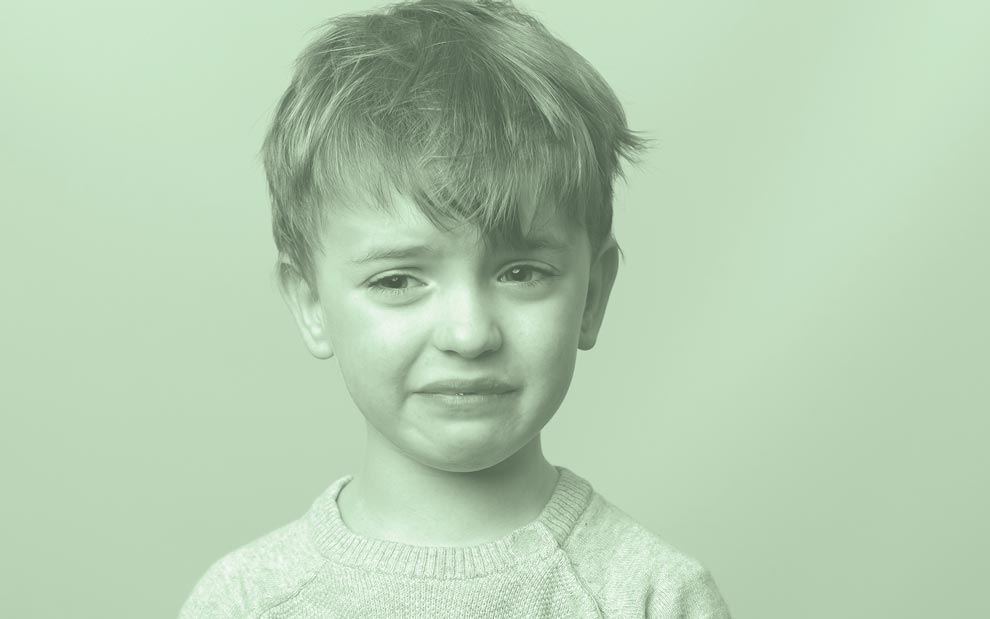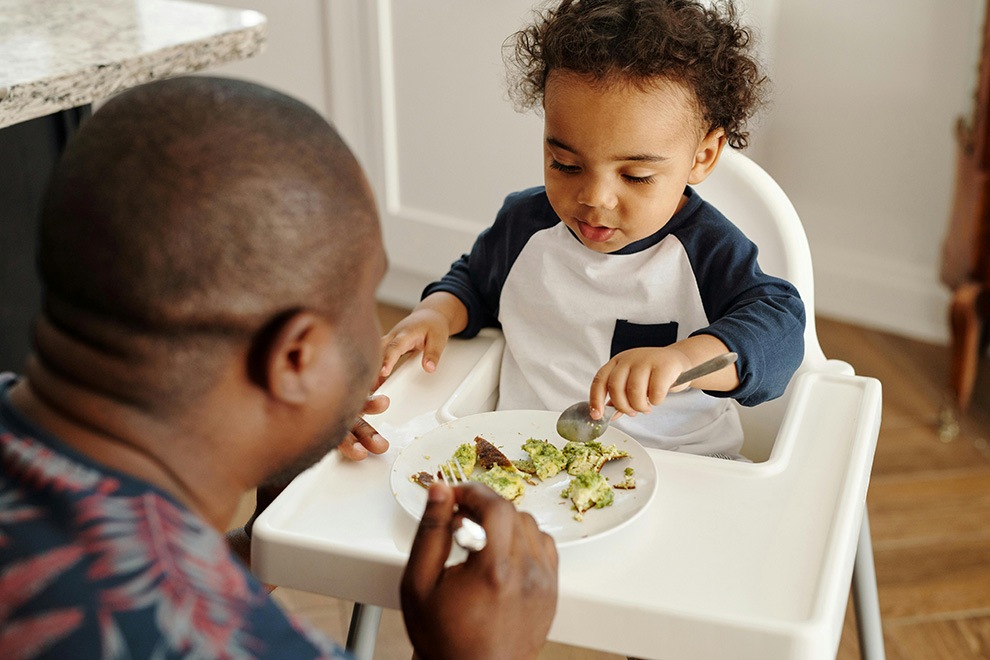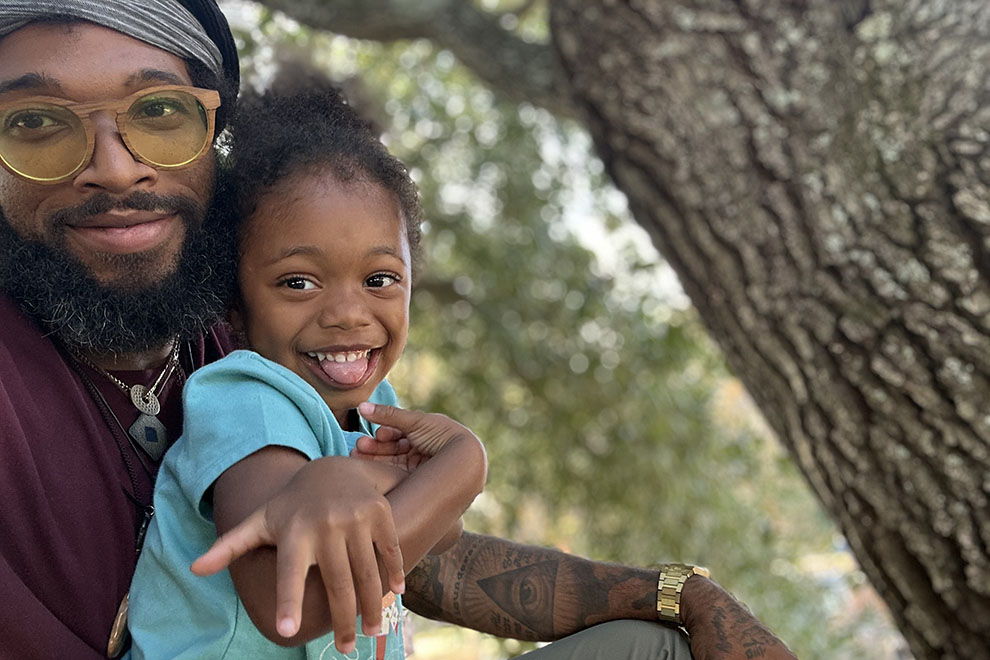Sometimes the biggest expressions of emotion come from the tiniest tots. We’re all born with innate emotions, and it takes time and growth to learn to process them, given individual temperament, home environment, and cultural factors. Fortunately, there are ways to help your kids with this growth and keep your cool in the process.
How can parents help their toddlers process their feelings?
As a parent, it’s important to let your child know it’s okay to feel their feelings. They’re human and all people have feelings. That said, little ones often don’t have the language to describe what they’re experiencing, so their frustration comes out through behavior.
First, help children learn to identify what they’re feeling and why. “It looks like you’re sad because you broke your toy.” Name the feeling, acknowledge it, then help them learn to cope. Start with basic emotions – like happy and sad – and then add more as their communication skills grow. Make a habit of providing significant praise when your child attempts to handle their big feelings in a healthy way.
Take a deep breath yourself! Most often, your kiddo is trying to communicate with you, not attempting to be difficult on purpose. Toddlers can feel our emotions, just like we can feel theirs. If we want calm from them, we need to try our best to stay calm ourselves.
What are some ways adults can model emotional regulation?
Not only can toddlers feel our emotions, but they imitate our behaviors. As adults, it’s our responsibility to be aware of this and adjust accordingly.
- Stop and recognize when you’re having big emotions. Can you handle your feelings appropriately in front of your child? Can you speak calmly and in a soft tone? If not, take a break.
- Talk about your own positive, negative, and even neutral feelings. This can help your child learn to use words, rather than behaviors, for expression.
- Talk through your problem-solving approaches for handling negative feelings. This could include taking deep breaths, singing a song, thinking of something you love, etc. Practice these approaches with your child when they need to calm down.
When should adults let toddlers work through their emotions by themselves, and when should they step in to help?
Find the balance. Working through challenges together is the way kids will develop the skills needed to face similar situations in the future. It takes time and practice though. Along the way, validate a young child’s feelings and show support when they find ways to express themselves appropriately.
It can still be difficult for us as adults to think logically when faced with challenging situations. For toddlers, it’s extremely difficult to think logically since they haven’t developed the ability to reason.
So after that meltdown at the grocery store, be sure to process the event together as soon as the situation is calm again. Help your child be aware of what happened, how they felt, and potential alternatives to their response. Talk about what worked and ways to adjust for next time.
Is there a certain age by which kids can typically begin regulating their emotions?
By the age of eight or nine, kids should be able to engage more in emotional regulation. This includes the ability to identify emotions and their triggers, along with ways to manage their emotions with support. You should see a noticeable increase in their ability to do so as they approach age eight.
Are there signs that might indicate a young child could benefit from the help of a professional?
Occasional outbursts by young kids are a normal part of cognitive development and maturation. Professional help may be needed if:
- Outbursts are repeatedly dangerous to self and others.
- Behavior is impacting relationships and functioning in the home, at school, and in daily life (grocery store, park, etc.).
- You’re not seeing gradual improvement as they get older.
- Outbursts continue to be commonplace when kids are eight or nine years old.
If you have concerns, your child’s pediatrician can offer insight and help determine if additional support would be beneficial.





